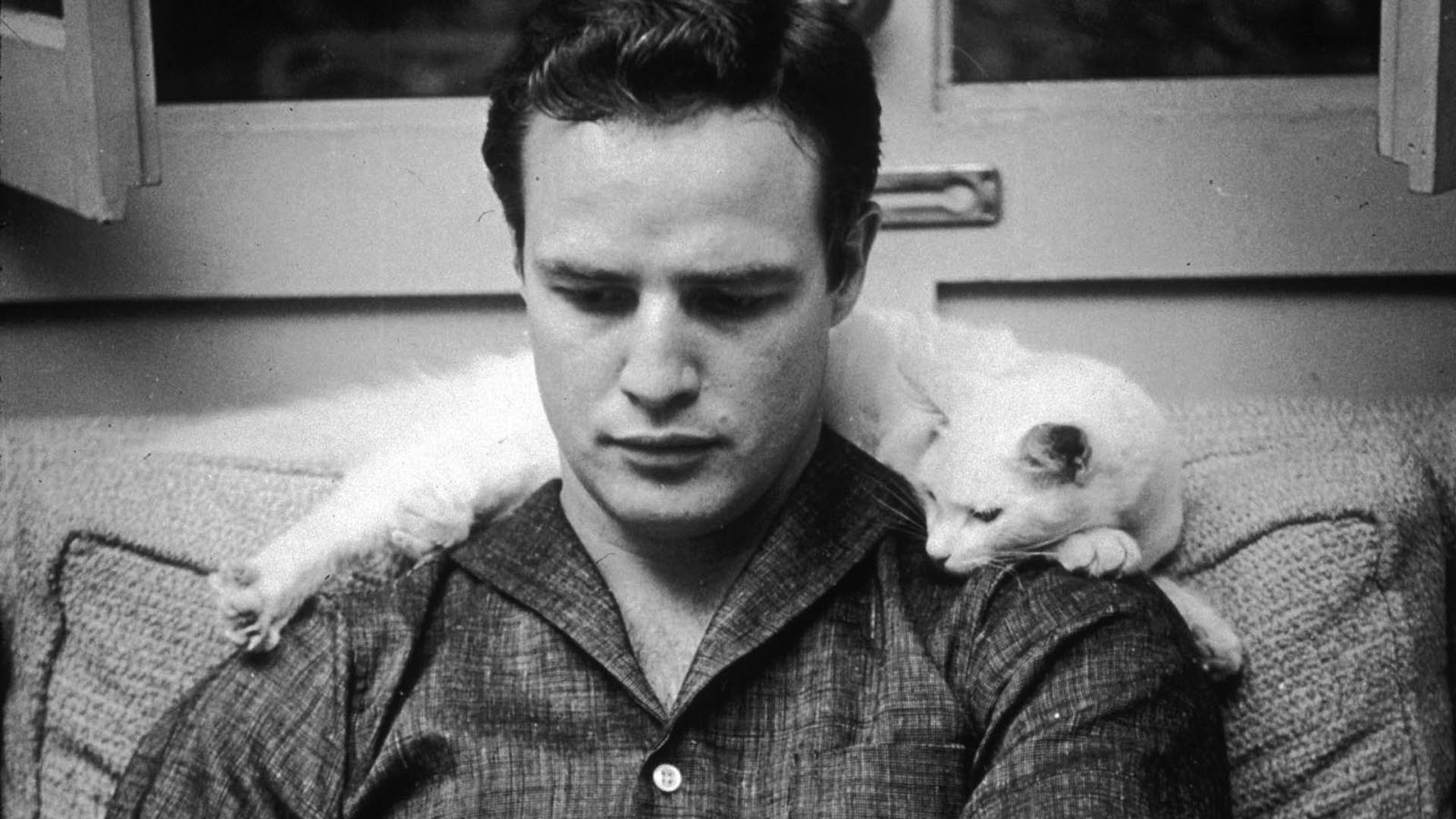Sometimes a documentary’s greatness stems not solely from the construction and care of its maker, from his or her meticulous attention to detail and sensitivity in framing a human subject, but also from the extraordinary circumstances of its creation. Listen to Me Marlon is exactly this sort of film. It uses a specific and rare kind of document—Marlon Brando’s personal, never-before-heard audio-cassette recordings—to craft a deeply moving video essay, creating the impression that the actor is speaking from beyond the grave. Furthering that impression is the film’s use of a 1980s software Brando invested in, which renders a crude, ghostly model of Brando’s face algorithmically animated to the words from his recordings.
What’s equally extraordinary is that these recordings are not simply humdrum, laundry-list-type diary entries but deeply personal and profound insights, revealing a man whose ability to self-reflect matched his ability to act (perhaps, the documentary suggests, the two are intertwined). Family videos, photos, and voicemail messages round out the personal sources director Stevan Riley drew from, and in so layering them the documentary presents these frequently fuzzy, faded mementos like oneiric memories floating in Brando’s consciousness, guided by his soliloquies.
Instead of adding typical talking heads or voiceovers from those who knew Brando, Riley instead supplements the film with footage and imagery from Brando’s public life—interviews, speeches, clips from his films—which focuses the film on a central idea, that an actor’s personal and private lives are never fully delineated. The early parts of the film find the actor speaking nostalgically about his Method training and Stella Adler’s influence on not only his career but his life and self-conceptualization. The film narrativizes the actor’s changing views on his vocation, from a man who found himself within the Method, to becoming disillusioned by his notoriety and the pressures of fame, to later recognizing the value that he’s instilled in a lifetime of work. It’s in this final realization that the documentary itself realizes its full potential, as Brando waxes poetically on his appreciation of cinema and the kind of refuge it can provide people, as clips from movies—some his, others older classics—enchantingly underscore his point.

